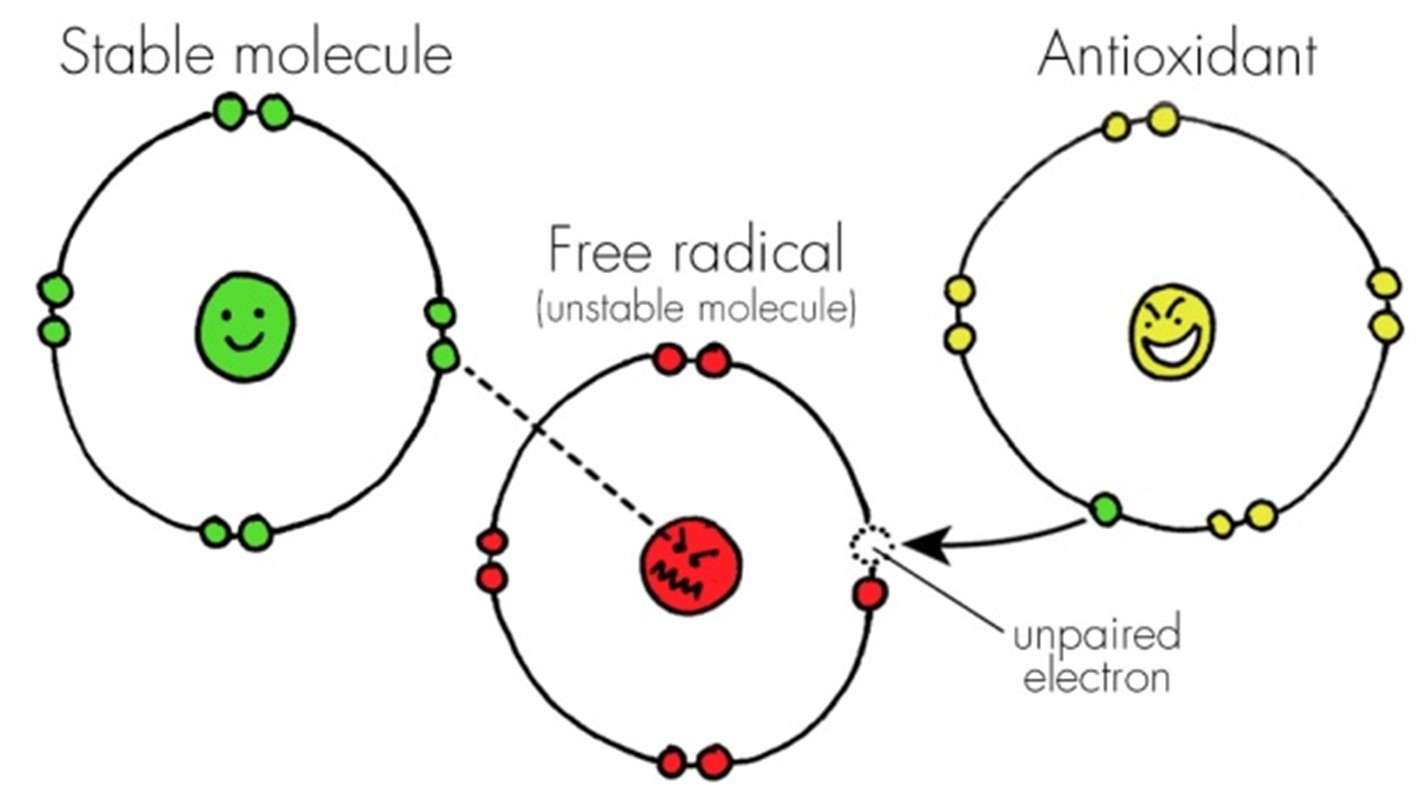How antioxidants protect your skin
To understand how antioxidants work in your skincare products, it is essential to understand how the sun damages the skin. Read on for expert advice from one of our Cosmetic Physicians to learn what antioxidants are, how they benefit your skin, and how they protect from damage.

|
Dr Maysa Abu Laban |
UV rays, cigarette smoking, pollution and other environmental stressors cause our skin cells to release free radicals. Free radicals are molecules with unpaired electrons that make them unstable. To gain stability, free radicals trigger a chain reaction that damage healthy skin cells. This may lead not only to skin cancers but also to premature skin ageing.
The skin has a natural but limited ability to clear free radicals. However, the accumulation of free radicals in large amounts can lead to oxidative stress and skin damage.
How do antioxidants work?
Antioxidants stabilise free radicals by donating electrons, thus reducing oxidative stress and limiting the damaging effects of UV and environmental stressors.

How do antioxidants benefit the skin?
- Prevent sun damage and reduce frequency of sunburns by acting as a second defense under sunscreens.
- Prevent photoageing: Through scavenging free radicals, antioxidants prevent collagen break down and early appearance of wrinkles and other signs of ageing.
- Correct signs of ageing and brighten skin: Some antioxidants have the ability to stimulate collagen production, lighten pigmented spots and brighten the skin.
- Anti-inflammatory effect: Most antioxidants have a strong anti-inflammatory effect which make them a valuable tool in managing conditions such as rosacea, acne and skin irritation.
What are the best antioxidants in skincare?
- Vitamin C (ascorbic acid): The most popular antioxidant, also a collagen booster and pigment lightener.
- Vitamin B3 (niacinamide): Has strong anti-inflammatory effects which make it an excellent addition to acne and rosacea management. Particularly useful in sensitive skin.
- Vitamin E (tocopherol): Known for its ability to enhance the skin’s healing and self-repair capacity. It also augments the efficacy of other antioxidants.
- Resveratrol: Usually found in the skin of grapes, peanuts, berries and dark chocolate, resveratrol belongs to a group of compounds called polyphenols. In addition to its role as an antioxidant and anti-inflammatory, it helps retain skin moisture and has antibacterial and antifungal properties.
- Ferulic acid: A powerful antioxidant found in the cell walls of plants like oats, brown rice, peanuts, oranges and apples.
Read another blog: How to use vitamin C in your skincare
- Dr Maysa Abu Laban
Cosmetic Physician
If you would like to speak to a Doctor or Dermal Clinician about your skin concerns, please call us or book your appointment online.
- Tags:
- sun damage
- antioxidants
- skincare
